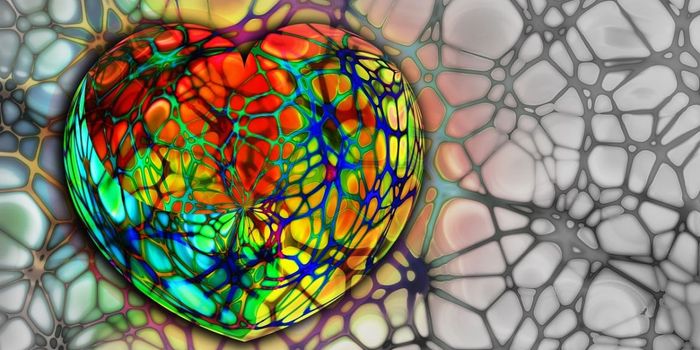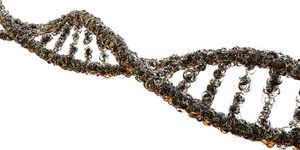Decoding Cellular Trafficking: Promising Discoveries in ALS Research
Amyotrophic lateral sclerosis (ALS), a devastating neurodegenerative disease, has long mystified scientists with its intricate cellular mechanisms. However, a recent groundbreaking study conducted by researchers from the Francis Crick Institute and University College London has shed light on some trafficking anomalies underlying ALS.
TomaszSwatowski Creative Commons Attribution-Share Alike 4.0 International
In a new Neuron research article, Ziff et al. delved into the finer distribution of molecules within ALS-derived cells, exposing the cellular chaos within ALS.
The researchers examined a wide array of subcellular transcription and proteins, aiming to map the journey of mRNAs and proteins within ALS cells. To accomplish this, they sampled cells from ALS patients and transformed them into muscle neurons called induced pluripotent stem cell-derived motor neurons (iPSMNs). Using this valuable tool, the researchers studied how common ALS-associated mutations affected the trafficking of molecules and proteins within various cellular compartments.
In addition to confirming the mislocalization of ALS-associated protein ribosome binding protein (RBP) TDP-43, the researchers identified over 575 mislocalized proteins across various ALS-related mutations.
Mislocalization negatively affected major components of the nuclear pore complex (NPC), crucial for cellular transport.
Notably, the research unveiled the pivotal role played by an enzyme called VCP ATPase in the cellular chaos of ALS. By inhibiting VCP ATPase with a drug treatment known as ML240, the researchers successfully restored some normal protein localization in ALS-derived cells. This finding offers a glimmer of hope for potential therapeutic interventions that could target the aberrant molecular processes contributing to ALS pathogenesis.
Despite these groundbreaking discoveries, several questions remain unanswered. The exact reason for specific protein synthesis occurring at different subcellular locations remains a puzzle. Also, the reason for the massive redistribution of these mRNA and proteins has yet to be fully understood. Further findings in this article suggest that improper mRNA splicing might muddle the markers responsible for accurate trafficking.
These findings mirror similar cellular disruptions observed in postmortem patient tissues. This alignment with real-life pathology emphasizes the study's relevance and potential impact on ALS research and patient care.
As scientists continue to explore the implications of mRNA redistribution and protein mislocalization, there is growing optimism for developing innovative therapies that could one-day offer relief to those affected by this devastating neurodegenerative disease.
Sources: Neuron, Cell Reports









